The King James Version translates Genesis 29:17 as follows: “Leah was tender eyed; but Rachel was beautiful and well favoured.” The New International Version has, “Leah had weak eyes,” while the New American Bible reads, “Leah had lovely eyes.” What did the Hebrew original mean to say?
Romans 11: The Olive Tree’s Root
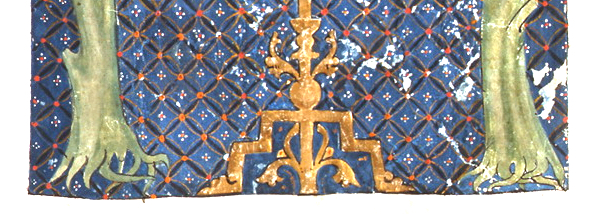
Paul spoke about Israel as a “cultivated olive tree” whose rootage was in the Patriarchs, particularly Abraham. Some Bible commentators, however, interpreted the root of the olive tree as Christ or his messianic program.
The Teaching of Balaam
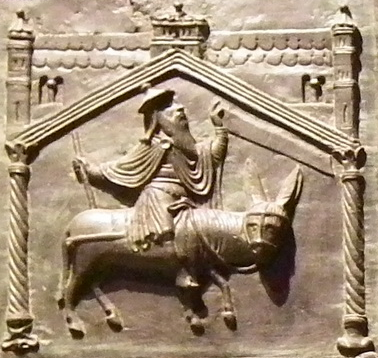
Revelation 2:12-16 is one of those occasions when it is necessary for the Christian reader to be familiar with first-century Jewish interpretation of an Old Testament account.
Insulting God’s High Priest

Recent research has shown that Sadducees, not Pharisees, were responsible for the death of Jesus. An incident recounted in the Book of Acts provides a glimpse of the Sadducean high priests’ corrupt behavior. Little wonder the Sadducees were despised by the common people.
From Allegro to Zeitlin

In this article, the author establishes the Gresham-Broshi Law, which asserts that false, sensational and “light” pseudo-information tends to drive genuine, serious and good information out of circulation.
Were Women Segregated in the Ancient Synagogue?
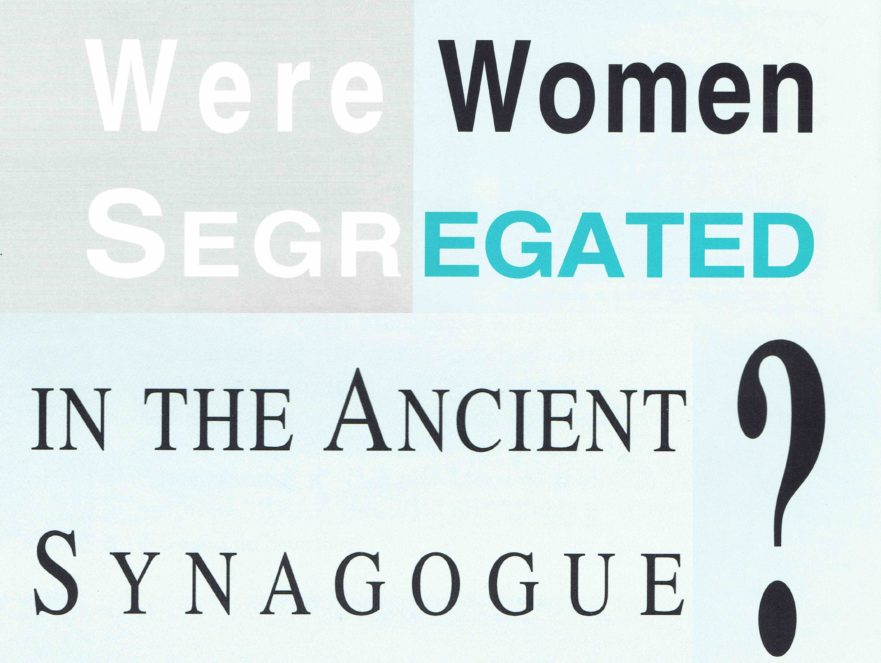
Did women play a passive role in the synagogue congregations of antiquity? Were they separated from male members of the congregation during prayer and study, as is the case today? According to Professor Shmuel Safrai, the answer to both questions is a resounding “No.”
Paraphrastic Gospels
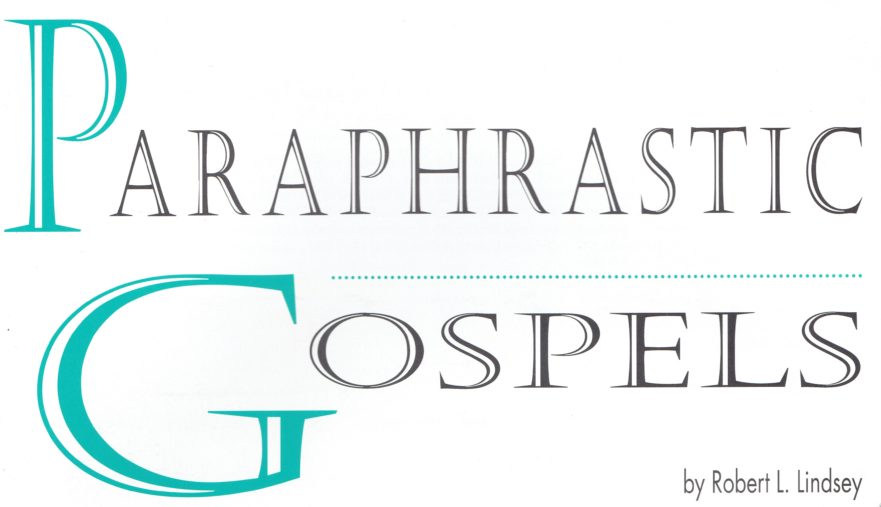
As Robert Lindsey realized in 1962, Mark reworked Luke’s Gospel in writing his own. Mark liked to substitute synonyms for nearly anything that Luke wrote. If, for instance, Luke used the singular of a noun, Mark substituted the plural form of the same noun in writing his Gospel. And vice versa: if Luke used the plural, Mark substituted the singular. In this article, Robert Lindsey surveys a unique substitution category found in Mark’s Gospel: the replacing of one verse of Scripture with another.
Gergesa: Site of the Demoniac’s Healing

The recent discovery of many of the ancient harbors that ringed the Sea of Galilee is an exciting chapter in Sea of Galilee research. One of these harbors is located at Kursi, ancient Gergesa. In this article, Mendel Nun contends that the demoniac’s healing and the miracle of the swine took place at Gergesa, not Gadara or Gerasa.
Stewards of God’s Keys

Jesus gave his disciple Peter the “keys of the kingdom of heaven” and promised that whatever Peter “bound” and “loosed” on earth would be “bound” and “loosed” in heaven. What scriptural allusions lurk beneath these expressions and what are their implications? How does the Jewish literary background of Matthew 16:19 help us better appreciate Jesus’ words?
The Power of Parables

Jesus was a master teacher. Therefore, it is significant that he relied heavily on parables. What is it about parables that makes them so moving and memorable?
Matthew 16:18: The Petros-petra Wordplay—Greek, Aramaic, or Hebrew?

The pinnacle of the gospel story may be Jesus’ dramatic statement, “You are Petros and on this petra I will build my church.” The saying seems to contain an obvious Greek wordplay, indicating that Jesus spoke in Greek. However, it is possible that “Petros…petra” is a Hebrew wordplay.
Is the Sage Worth His Salt?

The Gospels record that questions were sometimes put to the sage Jesus of Nazareth in order to “test” him. According to Joseph Frankovic, the questioner’s intent may not always have been hostile.
That Small-fry Herod Antipas, or When a Fox Is Not a Fox

We need to start translating “fox” with its proper Hebraic cultural meaning.
The Sweetness of Learning

Although the Gospels give little information concerning Jesus’ childhood, we can suppose that in his formative years Jesus received a good Jewish education. Dr. Wilson gives us a glimpse into the Jewish way of training a child.
“He Shall Be Called a Nazarene”

One of the titles given to Jesus was “Nazarene.” Where did the title come from, and did it have any special significance? Ray Pritz traces the title’s origins.
Literary Languages in the Time of Jesus
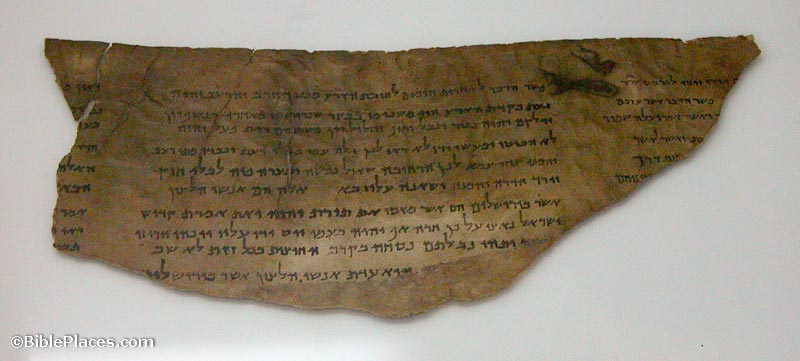
Not only was Hebrew the most prevalent spoken language in the land of Israel during the first century, it was also the language in which most literary works were written.
Spoken Languages in the Time of Jesus
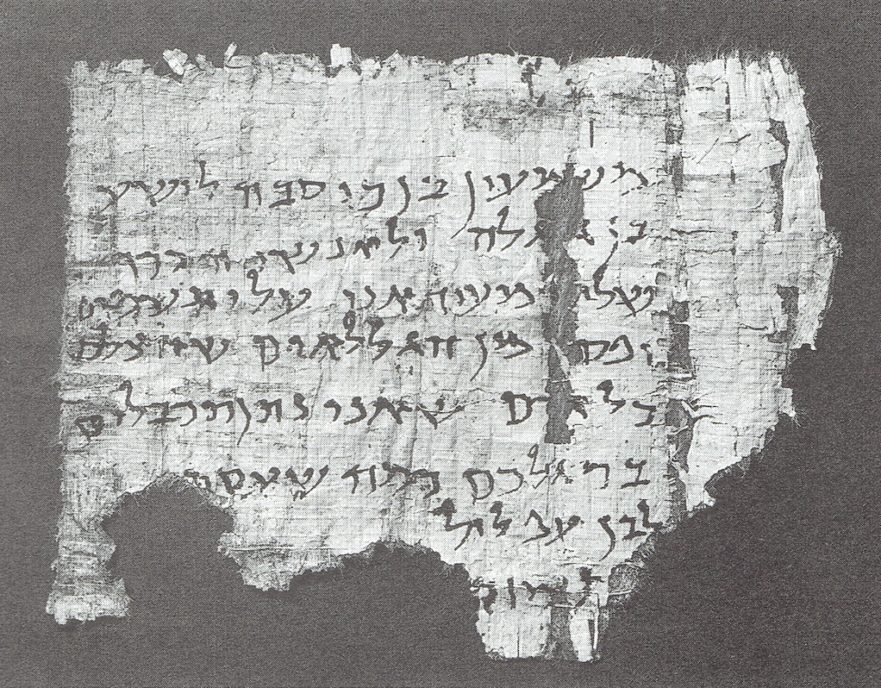
Professor Safrai presents an overview of the three languages used in the land of Israel during the days of Jesus, and concludes that Hebrew was the primary language spoken by the Jewish residents at that time.
The Two Great Principles and Sefer Pitron Torah

The command to love one’s neighbor was already thought of during the Second Commonwealth as the essence of the second half of the Decalogue, in which sense it is quoted in Sefer Pitron Torah.

